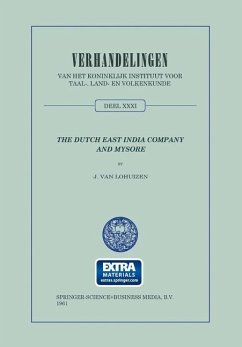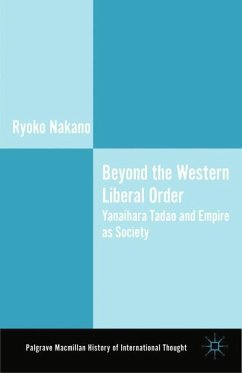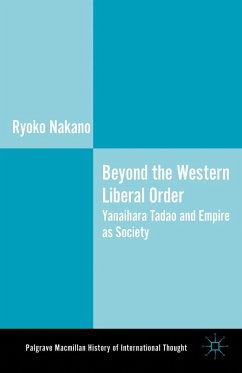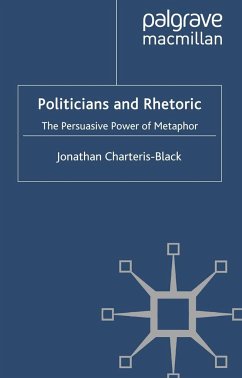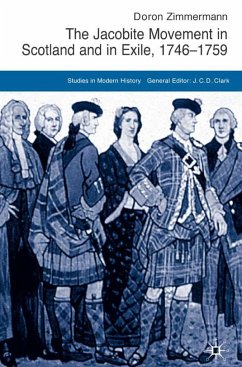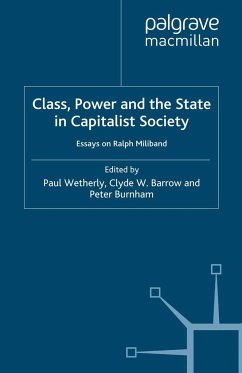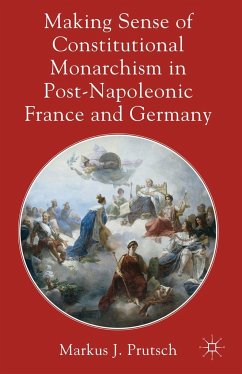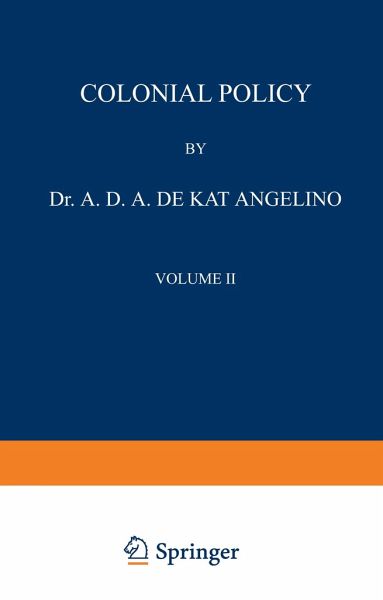
A. D. A. Kat Angelino
Broschiertes Buch
Colonial Policy
Volume II The Dutch East Indies
Herausgegeben: Renier, Gustaaf Johannes
Versandkostenfrei!
Versandfertig in 1-2 Wochen
Weitere Ausgaben:

PAYBACK Punkte
20 °P sammeln!



Colonial Policy
Produktdetails
- Verlag: Springer Netherlands / Springer, Berlin
- Softcover reprint of the original 1st ed. 1931
- Seitenzahl: 688
- Erscheinungstermin: 1. Januar 1931
- Englisch
- Abmessung: 244mm x 156mm x 37mm
- Gewicht: 1070g
- ISBN-13: 9789401182348
- ISBN-10: 9401182345
- Artikelnr.: 39619984
Herstellerkennzeichnung
Springer-Verlag KG
Sachsenplatz 4-6
1201 Wien, AT
ProductSafety@springernature.com
Für dieses Produkt wurde noch keine Bewertung abgegeben. Wir würden uns sehr freuen, wenn du die erste Bewertung schreibst!
Eine Bewertung schreiben
Eine Bewertung schreiben
Andere Kunden interessierten sich für



